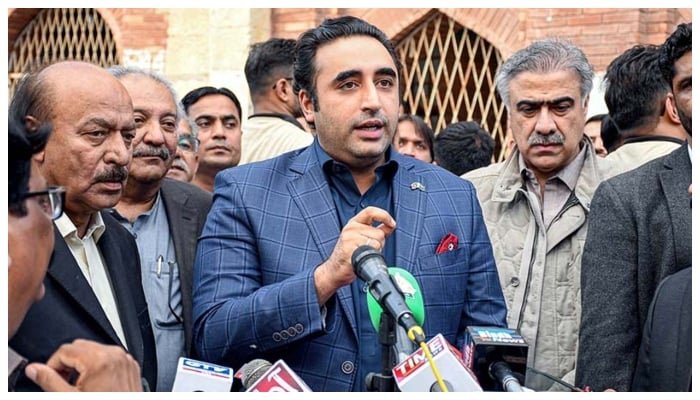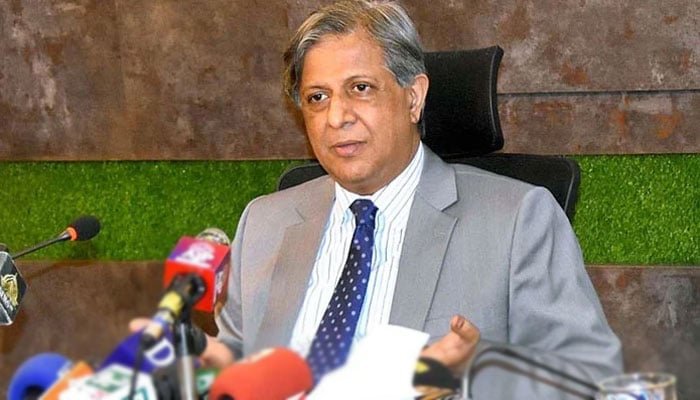In a major legal development, the Supreme Court of Pakistan has decided to club the case of Umar Sarfraz Cheema with that of the PTI founder, marking a critical move that could set a standard for how physical remand cases are handled in the future.
The hearing, held on May 9 and presided over by Chief Justice Yahya Afridi, focused on the ongoing legal proceedings against Umar Sarfraz Cheema, a former Punjab governor and prominent PTI figure. During the proceedings, the Chief Justice made it clear that both cases—Cheema’s and the PTI founder’s—share a similar legal nature, particularly in terms of physical remand. He emphasized the need for uniformity and consistency in court decisions relating to such matters.
Why Were the Cases Clubbed Together?
Justice Yahya Afridi explained that both Cheema’s and the PTI founder’s cases revolve around the same legal issue: physical remand after arrest. To ensure consistent judicial reasoning and avoid conflicting verdicts, the Supreme Court decided to hear both cases together in the upcoming session next week.
This decision carries weight, especially in politically sensitive cases involving key PTI leaders. It indicates the court’s desire to streamline how such arrests and remand procedures are reviewed, potentially setting a legal precedent for future similar cases.
Arguments Presented in Court
During the hearing, Umar Sarfraz Cheema’s lawyer brought up a crucial point:
An FIR was registered after his client was arrested.
This statement challenges the legal basis of Cheema’s arrest and raises questions about the validity of police procedures. In many cases, arresting an individual before registering a First Information Report (FIR) may be seen as a violation of due process.
However, the Punjab government’s legal representative countered the claim, arguing that the court had not granted Umar Sarfraz Cheema even a single day of physical remand. According to the state lawyer, the recovery of a pistol from Cheema was pending and justified the request for remand.
This back-and-forth reflected the legal complexity surrounding the case, especially in politically charged situations where procedural errors could tip the scales of justice.
Focus on Legal Consistency
Justice Afridi remained focused on one central issue—how physical remand cases should be treated legally. He stated that similar nature cases should result in similar decisions, emphasizing the need for a consistent approach across the judicial system.
This statement suggests that the court may be preparing to issue a broader ruling that could affect future arrests and remand procedures. It may also impact ongoing and upcoming legal cases involving political figures, particularly those linked with PTI.
Next Steps in the Case
The hearing was adjourned until April 24, when the court is expected to continue deliberating on both Cheema’s and the PTI founder’s cases. Legal experts believe that the court’s final decision could either uphold the current methods used for arrest and remand or push for significant reforms in police procedures and judicial oversight.
Until then, both Umar Sarfraz Cheema and the PTI founder await the next phase of legal arguments, while political observers and legal analysts closely monitor the Supreme Court’s next moves.
Why This Case Matters
The outcome of this case holds deep importance for Pakistan’s legal and political future. If the court rules against the current remand procedures, it could redefine how law enforcement handles political arrests, particularly those involving opposition figures.
Moreover, with public attention focused on the judiciary’s handling of politically sensitive matters, the pressure is on the court to deliver a verdict that reflects justice, fairness, and consistency in applying the law.
As the hearing resumes on April 24, all eyes will be on the Supreme Court. The decision could become a turning point not only for Umar Sarfraz Cheema and the PTI founder but also for the broader legal standards governing arrest and remand in Pakistan.



